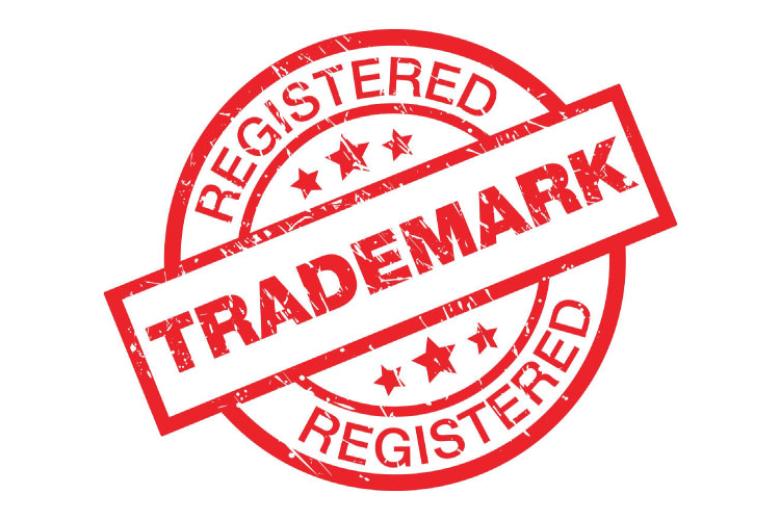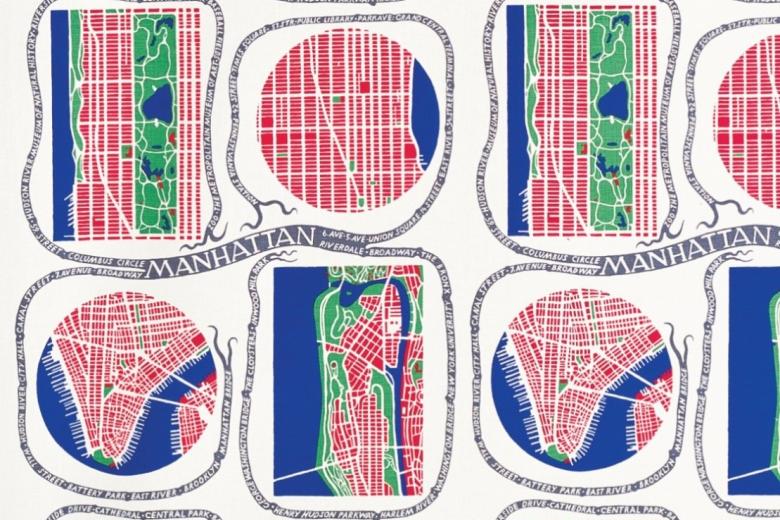Should a food standard be accorded geographical indication status?
Protected geographical indications (PGI) cannot be granted for names deemed generic in the language of a territory. The recent example of Danbo cheese shows that if a name is deemed to be generic under a certain legal framework (Codex), it may not necessarily be so under another legal framework (PGI).
The Danbo example has once again re-ignited the debate on the legal assessment of generic names and is likely to stay.
Danbo cheese
In October 2017, the European Union (EU) decided to register the term ‘Danbo’ as a Protected Geographical Indication (PGI). The term stands for matured, firm cheese produced from cow’s milk in Denmark. Because of the exclusive rights to use the name produced according to the application lies with Denmark, others are excluded from trading under the name ‘Danbo’ in the EU. The oppositions raised by prominent WTO Members highlighted that since a global Codex food standard existed for ‘Danbo’ since 1966, the term must be generic and not indicative of geographical origin. The EU concluded that such was not the case as Codex standards do not ipso facto grant generic status to a name.
Generic terms
The current examination practice in the EU mandates no PGI protection for terms that are generic, i.e. common or customary in the language of a Member State. To assess genericity on the date of application, according to CJEU case law, it needs to be determined whether consumers in the home country understand the term to be geographically distinctive – if it is not distinctive, the term is considered generic. For ‘Danbo’, despite oppositions stating that because of the Codex standard the term was understood to be generic, the legal conclusion by the EC was that in Denmark it was not generic but geographically distinctive. The ‘Danbo’ assessment reinforced the territoriality principle of intellectual property laws despite the high commercial stakes.
Free Trade Agreements
To resolve some of the frustration due to an unsuccessful generic term argument by the opposition, trade agreements may pave the way on how parties to the agreement could determine the genericity of terms. The TPP (Trans-Pacific Partnership) agreement, for instance, mentions that in addition to frequently consulted sources such as dictionaries, newspapers and websites in order to establish genericity, the use and reference of the term in marketing and a trade context are also listed as factors that could help establish consumer understanding. Such legal text indicates that parties recognize international standards as indicating an understanding of the term in the context of trade. As a result, an international food standard like Codex may very well gain importance as evidence presented to demonstrate generic term understanding.
If similar language is included in a future trade agreement with the EU, the argument made under Danbo that the relevant Codex standard does not indicate ipso facto generic understanding of the term, may witness a different legal outcome. This may ultimately redefine the legal threshold on generic terms assessment for geographical indication protection in the EU.
Written by Bangalore Srinivas, Yashaswini
| More blogs on Law Blogs Maastricht |
-
Protection of reputable marks beyond confusion: does “due cause” help to strike a balance between trade mark proprietors and content creators?
Content creators, exercising their freedom of expression, may use trade marks in their content in a way that might damage the interests of trade mark proprietors (e.g. use of Nike shoes in a porn movie). How does EU trade mark law address these different interests?

-
Computer-Implemented Inventions: has the term “invention” in the EPC lost its meaning?
The European Patent Convention defines subject-matter that is not eligible for patent protection, such as methods for doing business. However, when implemented by a computer, non-eligible subject matter becomes eligible for patent protection. Is this desirable?

-
The ambigous nature of the amended European trademark functionality doctrine
EU trade mark law excludes certain signs from becoming registered trade marks. In particular, shapes cannot be registered if they are necessary for achieving a technical result. In 2015, the amended Regulation broadened this exclusion to ‘another characteristics'. But what is now covered exactly?
